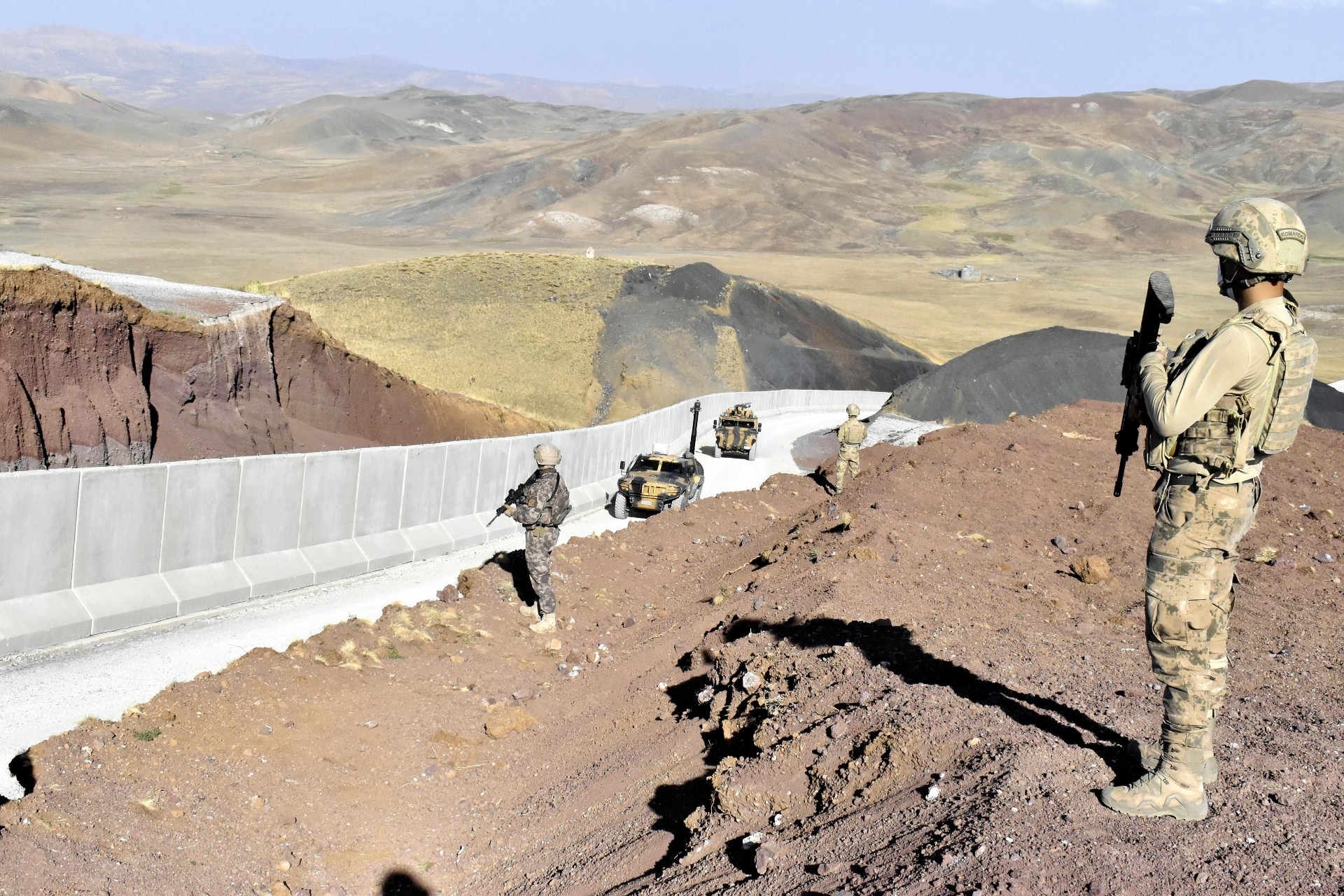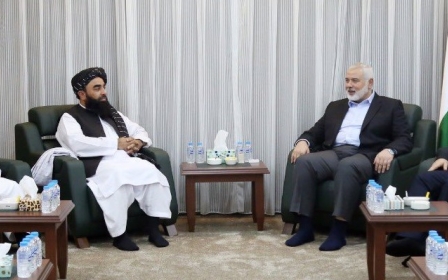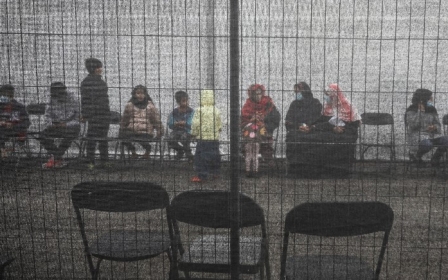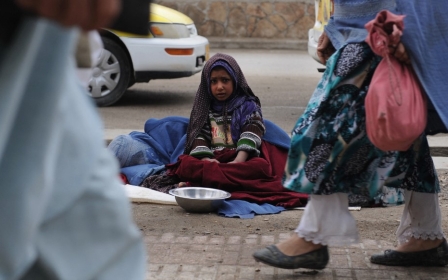Over 240,000 Afghan refugees deported from Iran and Turkey

More than 240,000 Afghan refugees have been deported from Iran and Turkey since the start of the year, according to Turkish and Afghan officials.
Authorities in Afghanistan’s southwestern province of Nimroz, which shares borders with both Iran and Pakistan, told local media that nearly 190,000 Afghans have been deported by Tehran in the last six months alone.
Afghans deported from Iran are sent by road back to either Nimroz, a largely desert province that has become one of the nation’s most prominent smuggling hubs, or Herat, a commercial and cultural centre.
Though Turkish police have been accused of trying to push Afghans back towards the Iranian border, most of their deportations take place via commercial and charter flights on private and government-run Afghan airlines.
According to the Turkish interior ministry’s migration management office, at least 92,583 undocumented Afghans have entered the country as of last month
New MEE newsletter: Jerusalem Dispatch
Sign up to get the latest insights and analysis on Israel-Palestine, alongside Turkey Unpacked and other MEE newsletters
Of those, 57,174 were sent back to Taliban-run Afghanistan on both chartered and scheduled flights. The vast majority - 41,185 - were sent back on 217 chartered flights. Turkish officials say that is an increase of 212 percent from the year prior.
Observers and rights workers note that both Tehran and Ankara, along with Islamabad, continue to deport Afghans back to a country facing a mounting humanitarian crisis, despite the fact that none of them recognise the Taliban’s Islamic Emirate as the official government of Afghanistan.
'Many of the Afghans who come to Turkey are former soldiers or officials from the former government, and returning them to Afghanistan is a huge risk'
- Ali Hekmat, aid worker
However, Iran, Turkey and Pakistan are among three of the nations that have continued to maintain ties and trade with Taliban-run Afghanistan. One Afghan aid worker, who travels between Kabul and Istanbul several times a year, said the deportations may be one reason why Ankara maintains a diplomatic presence in Kabul.
“Looking at these statistics, it makes sense why the Turks are so adamant about their continued presence in Afghanistan,” said the aid worker, who asked not to be named given her ties to both countries.
Refugee rights workers inside Turkey agree.
Ali Hekmat, who has been aiding Afghan refugees in Turkey for more than a decade, says Ankara fails to recognise the danger it is putting Afghans in when sending them back to a Taliban-run state.
“Many of the Afghans who come to Turkey are former soldiers or officials from the former government, and returning them to Afghanistan is a huge risk both in terms of their human rights and personal security,” Hekmat told Middle East Eye.
Shortly after returning to power in August 2021, the Taliban promised a general amnesty for all former officials and security forces of the western-backed Islamic Republic.
However, since then, everyone from The New York Times to The Washington Post to Amnesty International and Human Rights Watch and the Committee to Protect Journalists have documented hundreds of allegations of abuses against Afghan journalists, former security forces, female protesters and ethnic minorities by Taliban forces across the country.
Hekmat says the deportations are not only done by plane. He says he has heard repeated reports of Afghans being driven back from the borderlands of eastern Turkey.
What disturbs Hekmat the most is that the Turkish authorities do not hide the fact that they are deporting Afghans back to a Taliban-run Afghanistan that is facing an economic downturn and a humanitarian crisis, and how systematic it all is.
“The Turkish government itself issues weekly and monthly reports saying they pushed refugees back across the border. It’s very organised and systematic. They get their fingerprints taken, their biometric data is stored and then they’re sent right back across the border,” he said.
Hekmat and other sources speaking to MEE said once Afghans are pushed back from the Turkish border, they are then likely to be deported from Iran, showing that the practices of Ankara and Tehran feed into the overall statistics for deportations from both countries, even though both nations claim not to see the Taliban as Afghanistan’s rightful government.
Middle East Eye delivers independent and unrivalled coverage and analysis of the Middle East, North Africa and beyond. To learn more about republishing this content and the associated fees, please fill out this form. More about MEE can be found here.




